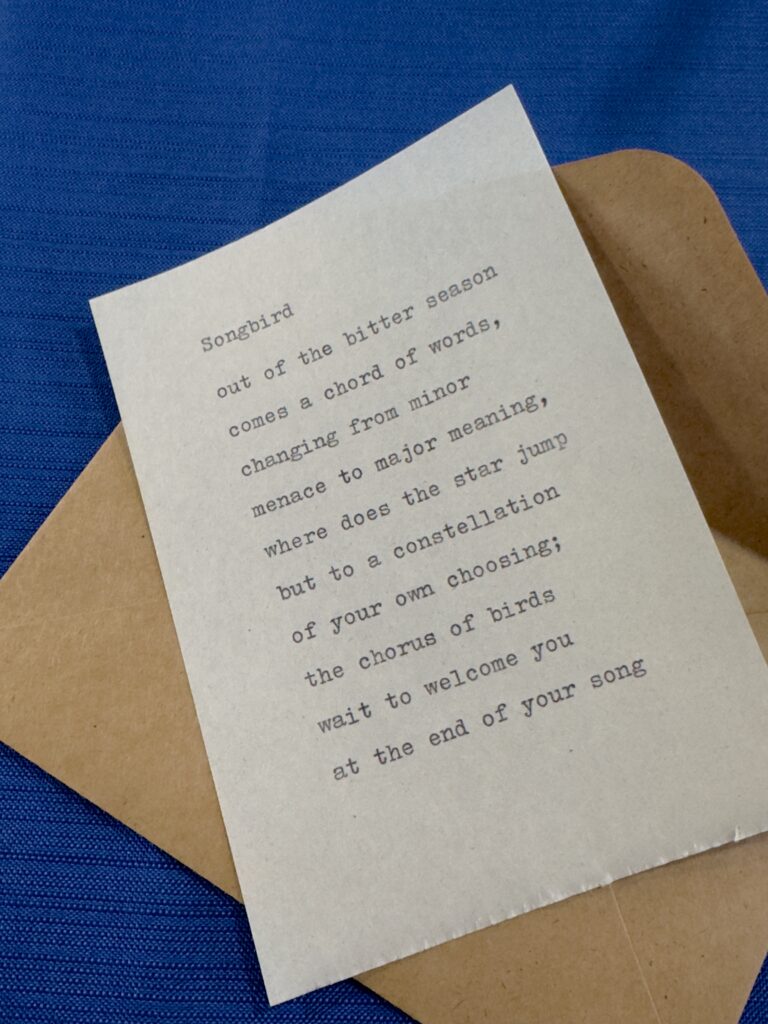- Today begins in a fog-curtained dawn, the road a long library of silent commuters. Headlights punch through aisles of unread houses, spines stiff from a freezing rain that has fallen steadily overnight.
- You are on a bicycle, wobbling over potholes and a street as poorly paved as a country road. The end of Brock Avenue is out of sight, yet the forecast is for a blazing sun later on, the promise of a clear day that sounds its arrival like a randy bullfrog, or a pageant of elderly white men in the changing room of the community centre, shedding their clothes for the pool, squirting lesser parts of themselves behind paper-thin doors; all sound, no fury.
- Younger men, buff from pulling and pushing weights, huff in small shorts around squares of sunlight that break through the concrete and the glazed windows; puddles of warmth for happy dogs to roll in.
- In the gymnasium the air is thick with paddle slaps and frustration, bad line calls and unwanted lobs; the wary partnership of temporary allies: pickleball as metaphor for war. Indoors, stray light confuses the eyes, leaves an afterimage of where you thought the ball was going, where you lunged in vain.
- Later on, the typewriter on your back wobbles in gusts of wind more suited to a mountain range, the bicycle threatening to spill itself at each intersection of traffic and storm.

- Two little girls are leaning against the heavy door at the clubhouse in the narrow aisle where you set up your table and typewriter. Daughters of market vendors, they chatter on about ponies and possibilities, while you put up the sign for poetry on demand, begin the slow process of determining who might need a poem today. It is about looking for a stray heart-thread, one that needs pulling, to unravel and open into the possibilities of poem as offering, poem as oracle.
- Today, two people do not return for their poems. One is an Indigeneous woman who said, stutteringly, that she went to Residential School. She says it like a badge of wounded pride, a challenge: Look! I’m here now, I have survived. Her name is Wren. She never sees her poem.

- Another man wants a poem for a friend of his, a poem of encouragement. He, too, does not return. What does it mean?
- Other poems that people ask for at the farmers’ market today are about home and spring; home as a premise, a promise, spring as the wish they can almost see coming true. They ask for reassurances about parenting, take poetry as kindness, the soft memory of something to return home to.
